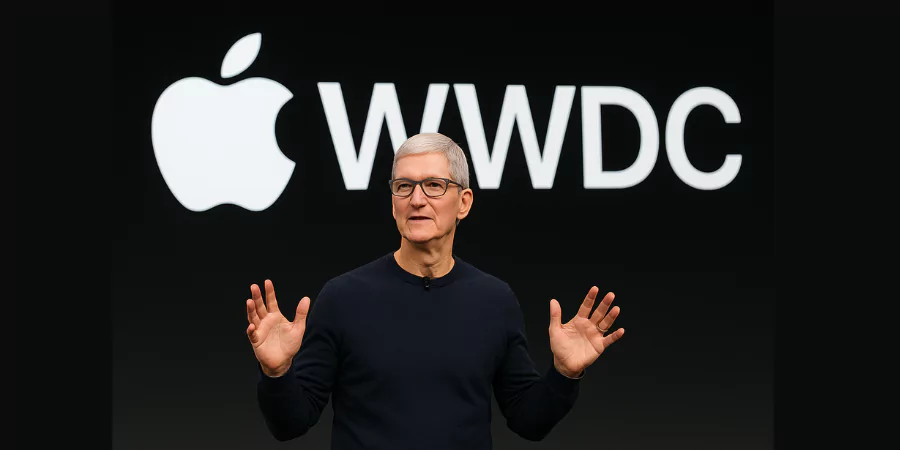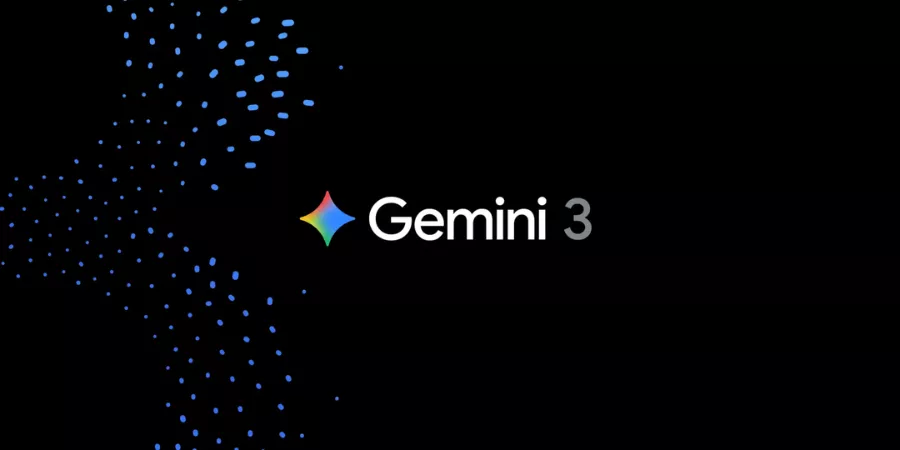Apple has officially launched its Worldwide Developers Conference (WWDC) 2025, setting the stage for a week of exciting announcements focused on software evolution, artificial intelligence, and enhanced user experiences across its ecosystem.
Major System Updates with a Unified Naming Scheme
For the first time, Apple is unifying its operating system names to match the calendar year. The new versions include iOS 26, macOS 26 (codenamed “Tahoe”), iPadOS 26, watchOS 26, tvOS 26, and visionOS 26. These updates bring a redesigned interface called “Liquid Glass,” delivering a sleeker, more cohesive design across all devices.
Smarter Core Apps and Enhanced Features
Several default Apple apps have been upgraded with new functionalities. Messages now includes polling options and custom themes, while Notes supports exporting in Markdown. Safari, Camera, and Phone apps also received performance and feature enhancements. Apple introduced a new Games app, offering users a central hub for Apple Arcade and game-related content.
Apple Intelligence Expands AI Capabilities
A major highlight of WWDC 2025 is the expansion of Apple Intelligence, the company’s AI platform. New features include AI-driven battery life improvements, real-time translation support via AirPods, and on-device intelligence that enables faster, private processing without cloud dependency. Apple also opened up its AI tools to third-party developers, empowering them to integrate generative AI features like emoji creation and smart image enhancements into their apps.
Focus on Software, Not Hardware
While speculation swirled around possible hardware announcements, Apple focused entirely on software during the keynote. Updates were shared for Vision Pro, including sleep tracking and gesture-based camera controls, but no new devices were unveiled. This move suggests Apple is reserving hardware announcements for later in the year, potentially at the anticipated iPhone 17 launch.
Key Takeaways
-
- Apple is streamlining its platform with consistent naming and design.
- Native apps are now smarter, more personalized, and user-friendly.
- Apple Intelligence is being scaled for both users and developers.
- Hardware announcements are being deferred in favor of deep software integration









